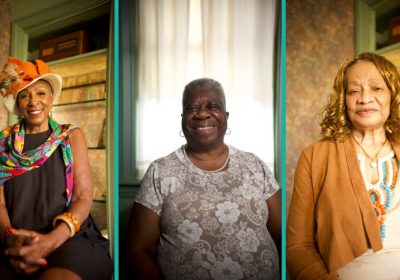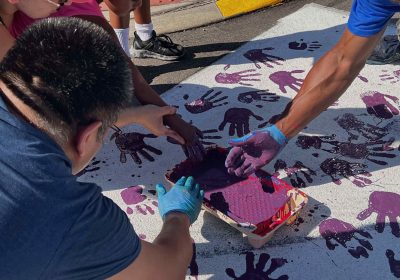By Karen Price
In a community where the outside narrative often focuses on the negative, Tara Jones is helping young people use their voice to illuminate the positive.
Jones founded the Chester Cultural Arts & Technology Center in Chester, Pa., four years ago to be a resource for residents of the city. It’s a space built on collaboration, where young people can find mentorship, arts & cultural programming and a place to foster hobbies and interests, and adults can find professional development, community, and workspace for their business ventures. It’s also now a place where young adults and teens can explore the topics that matter to them and make themselves heard well beyond the borders of Chester through their own podcasts. PA Humanities is helping to fund these projects, first with portions of a PA SHARP – Sustaining the Humanities through the American Rescue Plan – grant for the “Adulting… Kinda?” podcast, and now through the newly-launched Youth-Led Humanities cohort, of which the CAAT Center is a part.
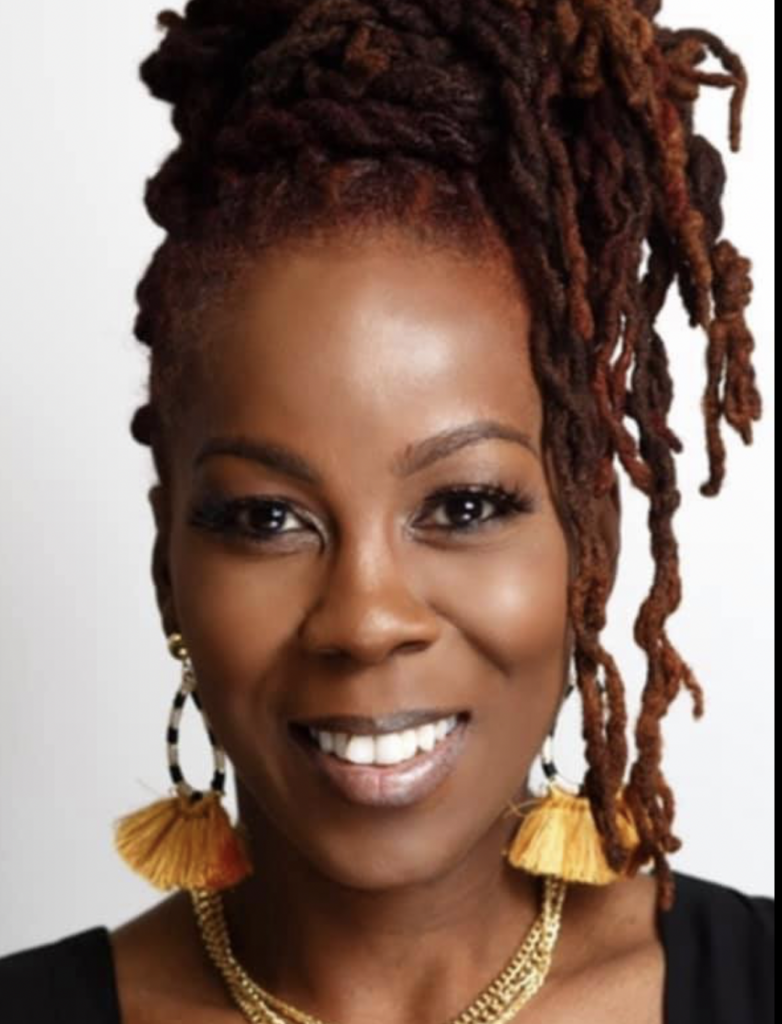
“(Young people) have a lot to say,” Jones said. “I always think of the teen years as the warrior years. They’ll be good warriors or bad warriors, and my idea is to promote the good and give them a voice so that they understand when they leave that their voices are OK to be heard. It’s OK to speak, it’s OK to be who you are. They will only learn who they are and what they like if they’re exposed to different conversations and places.”
Chester is a city of roughly 32,000 people southwest of Philadelphia along the Delaware River. Although it’s the city’s crime and poverty statistics that garner the most attention with the mainstream media, that reporting tends to ignore the many assets of the community, including Jones and the work they’re doing at the CAAT Center to uplift and support their neighbors.
Jones’ goal with the CAAT Center was to identify areas of need and provide opportunities to fill those gaps through partnership and collaboration. Their membership packages provide business space as well as access to wifi, classrooms, meeting space and office equipment and other networking and growth opportunities, and their programming includes topics ranging from how to start a business or nonprofit to health and wellness to community conversations with local leaders.
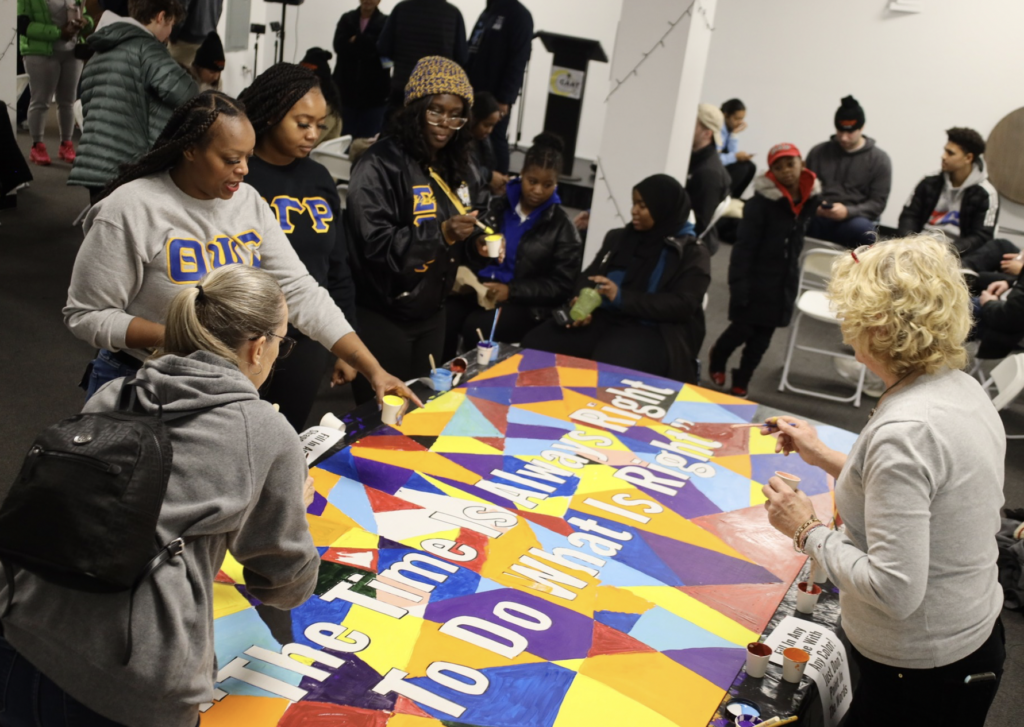
“We just try to be a resource so folks can no longer have excuses,” Jones said. “Some people might say, ‘I didn’t know,’ or ‘I don’t have the access,’ or ‘This is why I don’t have this degree or a legitimate business or my child doesn’t have any programs’…nope. We can’t help everybody, I’m not saying we have the golden egg, but we have found a way to say OK, if you guys really want to get out of poverty, we know what the strength of collaboration can do.”
Another main focus, Jones said, is providing youth programming and making sure that young people in the community have access to the arts and humanities and learn about mentoring and peer leadership in order to positively influence one another and other children in the community.
The “Adulting…Kinda?” podcast was the first to be produced in the CAAT Center’s media room, and its hosts are Kiasa Cunningham and Riley Walker. Both were 20 years old at the time the podcast started, and they discussed issues including the pressures put on Black women, young love, living on one’s own, racism, social justice and current events.

They also talked about less serious topics, such as music and television, and amassed a following, Jones said. Cunningham, Walker and the CAAT Center also hosted monthly activities for young people ages 16 to 22 that included game night, karaoke night and open mic night.
Funding for that programming ended with the PA SHARP grant, but earlier this year PA Humanities launched its first-ever Youth Led Humanities cohort as the next phase of Teen Reading Lounge (TRL) programming, and Jones saw a perfect fit for her civics and socially-oriented CAAT Klub, founded in partnership with the local STEM high school last year as a teen-led program. They are excited to partner this year with PA Humanities.
“There’s no media on the good things that are happening, so folks are perpetuating the negative, bad stereotypes. My goal is to change the narrative so folks can see how wonderful the people of Chester are.”
— Tara Jones, President and CEO of the Chester Cultural Arts & Technology Center
The Youth-Led Cohort pilot program is based on best practices identified through 10 years of TRL research and evaluation and is designed to help libraries and out-of-school-time programs, such as the CAAT Klub, to create sustainable youth-led humanities programming and engagement. Each site receives $5,000 to develop and administer youth-led humanities programming, and two to three members from each site will also participate in a bi-monthly community of practice meeting to encourage peer learning and solidarity. In addition, one to two youth from each site will have the opportunity to participate in statewide youth leadership training designed to help build their capacity to use their unique strengths and voice in their communities.
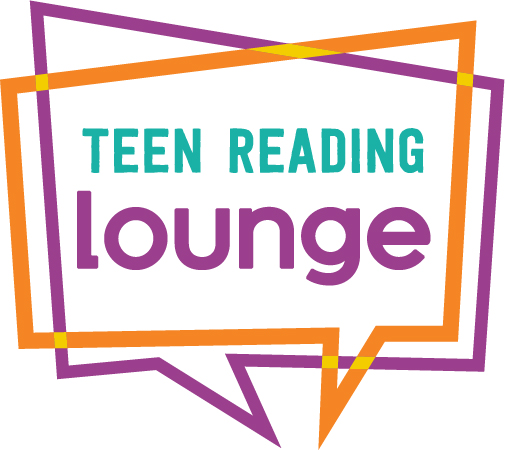
“One of the questions I asked (the teens) was, ‘Have you ever been part of a program or organization where you will decide absolutely everything?’ and they were like, ‘Wait, what?’” Jones said. “At first they really didn’t understand the concept because they were so used to adults guiding them and telling them what to do.”
Right now, Jones said, there are 12 teens participating in the CAAT Klub. They’re still deciding on the theme of the podcast, but have already identified some of the projects they want to take on over the next few months, including feeding the unhoused and hosting a culture day where they can highlight some of the food, dress and traditions from their various backgrounds and family history. Jones is hoping to piggyback some of those ideas, such as a culture day, with broader projects such as the CAAT Center’s upcoming Juneteenth celebration with the county in order to get more exposure for what the youth are doing.
“If we can develop responsible teens, we’re planning for responsible adults,” Jones said. “I’m hoping this is going to be an avenue for us to get peoples’ voices out, maybe even create a youth magazine of some sort to talk about what’s happening in the different schools and, again, give them a voice. There’s no media on the good things that are happening, so folks are perpetuating the negative, bad stereotypes. My goal is to change the narrative so folks can see how wonderful the people of Chester are. And hopefully we can go past Chester, and folks can see this is just one of the places that’s rising and thriving.”
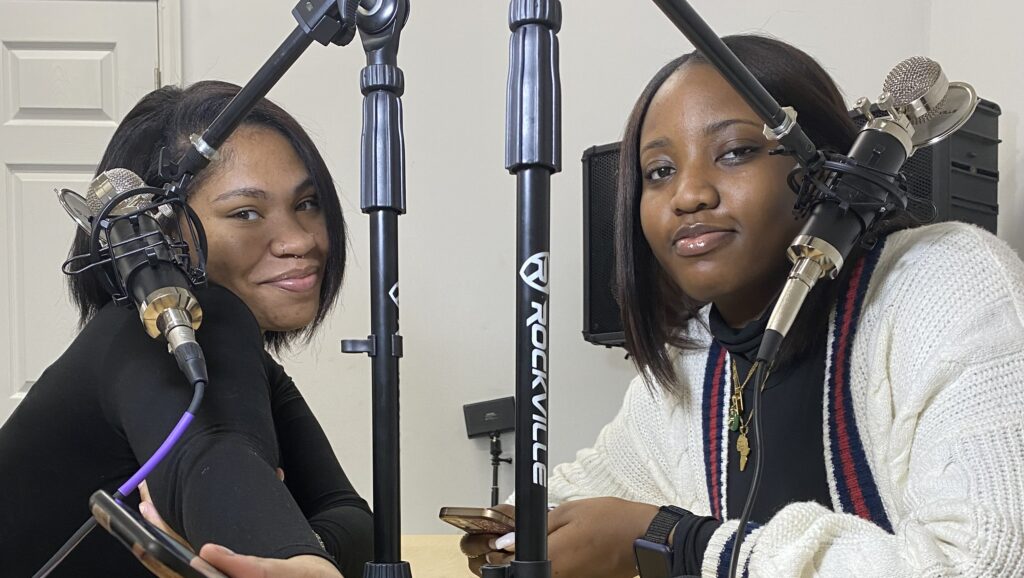


![[color – dark bg] PA SHARP FINAL FILES DB 72dpi [color - dark bg] PA SHARP FINAL FILES DB 72dpi](https://pahumanities.org/uploads/files/elementor/thumbs/color-dark-bg-PA-SHARP-FINAL-FILES-DB-72dpi-phgl7aimtfdpzt2rscvl43ksfv3asbbls19lsvuacw.jpg)

